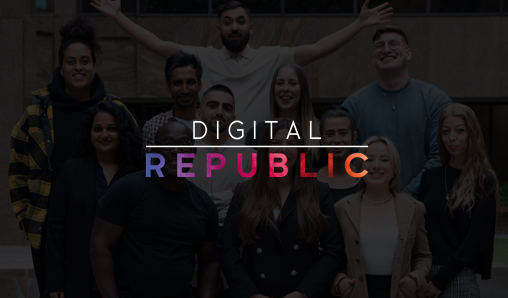
Programmatic has caused a seismic shift in the digital advertising industry and it is predicted up to 90% of digital display advertising will be traded programmatically in the UK by 2019.
This is no surprise given the benefits programmatic advertising can bring in scale and efficiency, yet the technology also comes with potential complications; issues with transparency, brand safety, viewability and fraud have been discussed at length across the industry.
These concerns have led to a number of big-name brands such as Booking.com, Airbnb and Foxtel, taking programmatic buying in-house. According to a recent Adobe poll, 62% of European marketers said they plan to bring their programmatic media buying in-house by 2022, effectively reducing their reliance on external agencies. It sounds like a death knell to media agencies, yet it’s far more likely to be a scare tactic used by brands fed up with the illicit practices of a few agencies, rather than a promise to take action.
In-housing is not a quick fix solution; it’s a major undertaking requiring resource, continuous investment and organisational restructuring. Many brands who’ve attempted it have turned back, with L’Oreal a prime example, which is why the chance of it becoming an enduring trend is doubtful.
Challenges
Aside from the significant initial investment required to move an entire programmatic stack in-house, continual funding will be needed to ensure the organisation stays on top of the rapid advancements in technology for which the industry is renowned. Agencies can spread these costs between multiple clients, but it’s a different story for brands, who will ultimately need to foot the bill for in-house programmatic in its entirety, making it far less appealing than it may first have seemed.
The recruitment of talent in the programmatic space is arguably the greatest challenge of all. There are a limited number of experts who have the appropriate skill sets and experience, and those who do tend to be based in agencies in London or New York. Even if programmatic specialists are willing to consider a move, salary negotiations and churn are likely to be problematic. The bottom line is; brands that don’t have the same internal expertise and experience in programmatic as agencies will struggle to deliver effective, competitive campaigns.
It’s clear that taking this step is not for the faint-hearted. It is the domain of major brands with the highest of marketing budgets. For smaller organisations, this strategy isn’t a viable option. The Programmatic Advisory’s chief executive, Wayne Blodwell, estimated it isn’t worthwhile for a company to move in-house unless it is spending $20 million a year programmatically. A company’s procurement team therefore needs to be involved at the forefront of the decision process – if a business can’t manage the buying process of quality inventory as effectively as an agency, then it needs to rethink the decision to in-house.
The good news is, bringing programmatic in-house doesn’t need to be an either-or decision; hybrid models exist, which can deliver the best of both worlds. Brands that have successfully moved programmatic in-house aren’t all using a fully-owned and operated model.
Many – such as Netflix, Unilever and L’Oreal – have moved some operations in-house while still using third parties and programmatic specialist agencies as support. For instance, Philips licenses its own DMP, while using a specialist tech partner to analyse data outputs, provide insights, campaign management and trading, to achieve optimum sales and awareness.
Essential decisions
It is possible for an organisation to have control of certain elements and outsource others to trusted agencies and tech partners. Brands could, for example, bring in a programmatic specialist to work alongside agencies that still manage the planning and buying processes. According to a World Federation of Advertisers survey of marketers working at 35 multinationals, a fifth of brands have already done this; giving them greater control and transparency at a fraction of the cost.
It goes without saying that agencies are experts in trading, data analysis, campaign optimisation, verification and technology platforms, making working with an agency or specialist a financially viable solution when compared to bringing all of these skills in-house.
The appeal of bringing programmatic in-house is obvious, but the reality is likely to be very different. Many brands will find the on-going costs and the inability to recruit the necessary talent prohibitive in the long run, making it a short-lived trend. While some will turn back to the traditional agency approach, others will adopt hybrid solutions that offer improved visibility and control, with a more palatable commitment.
Programmatic is no longer a ‘nice to have’ for brands that want the best out of their advertising; it’s essential, and companies cannot afford to get it wrong. The decision to in-house is not one that should be taken lightly, and brands need to weigh up all the factors before jumping ship to avoid being stranded out at sea.
Ultimately, the optimal client approach is to bring partners closer, creating increased transparency, business understanding and trust, whilst maintaining objectivity and focus on their core business objectives.



